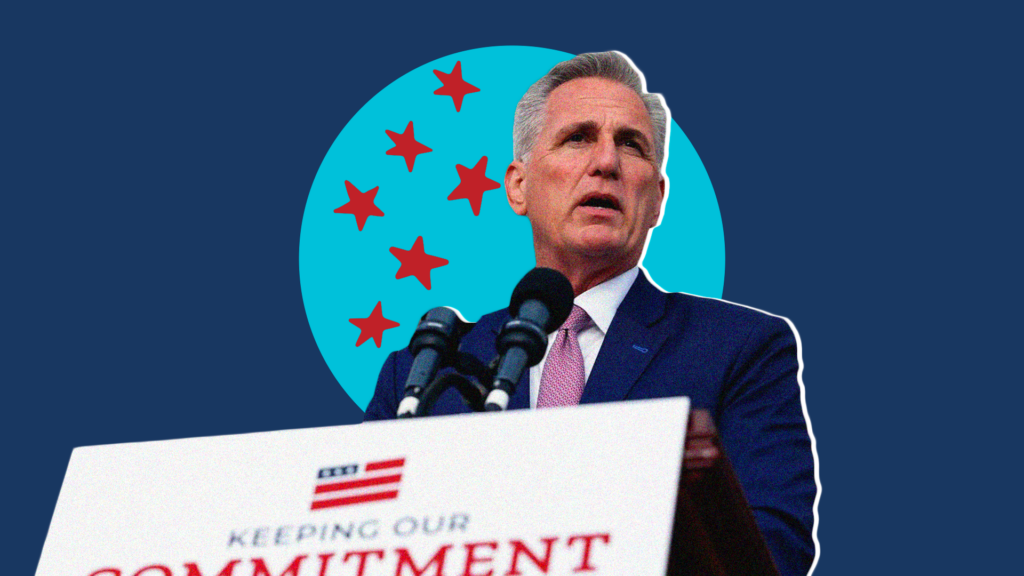Stop the Online Sales Tax!
The Senate is expected to vote on the Marketplace Fairness Act during the upcoming lame duck session after the November elections. Now, don’t be fooled by the innocent sounding bill name.
The so-called Marketplace Fairness Act would impose taxes on online purchases. If Senator Harry Reid gets his way, this new tax would come right in time for the Christmas online shopping season.
“We have to do something about Marketplace Fairness. That’s long, long overdue. And we’re going to do whatever it takes to get that done,” Senate Majority Leader Harry Reid said. “We have to do the tax extenders.”
Under current law, states can only impose taxes on businesses physically located within their borders. Let’s say you live in Alabama and buy a shirt online from a business in California. Alabama cannot collect taxes on your online purchase since that business is located out of state. Therefore, your purchase is tax free.
The Marketplace Fairness Act would change that by essentially allowing your state to collect taxes on all of your online purchases. It would require online businesses to charge a tax on their customers based on where they live—not where the business is located.
Can you imagine that headache this would cause?
There are thousands and thousands of different state and local taxes nationwide. An online business would be forced to figure out where their customers live and the exact taxes in that location. This might be easier for big businesses who can easily hire someone to navigate these regulations. However, the compliance cost for small businesses will be difficult for them to absorb.
It’s no wonder why big businesses like Amazon are supporting the Marketplace Fairness Act. The online sales tax would hurt their competitors far more than it will hurt them.
Some Republican supporters of the law are claiming that it’s a state’s rights issue. Not so fast, though. States can already impose states on businesses within their borders. But what gives Connecticut the right to collect money from businesses in Texas?
As then-Senator Jim DeMint explained in the Wall Street Journal, “Once a single state demands these sales tax collections under the new law, businesses in every other state would be forced to comply with that state’s tax laws. Dozens of states are eagerly waiting to raise those taxes, as soon as Washington opens the floodgates.”
Not only is this bad for small businesses but it will hurt millions of Americans who shop online. A law that makes products more expensive to buy is certainly not a very nice Christmas gift. It’s time to tell Washington that we are taxed enough already– say no to the Internet sales tax!



